Best Australian Online Casinos
Choose your real money casino below. Trusted, safe, secure. PajamasMedia Casinos.

250% up to $4,000 + 150 Free spins
- #1 Online Casino – January Pick
- Real money wins
- Great bonuses

100% up to $5,000 + 300 Free spins
- Best Online Pokies
- Fast withdrawals
- Exclusive VIP program

Welcome Package Bonus – Up to $8,500+ 350 Free Spins
- New Online Casino Australia
- Excellent customer service
- Quick cashouts and payments
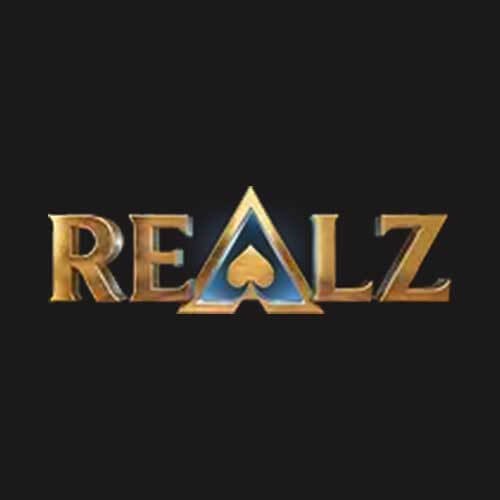
AU$2500+ 200 free spins
- Best new online casino Australia
- Best online pokies
- Best real money games

Welcome Package up to 5000$ + 75 Free Spins
- Online Casino Australia
- Heaps Good Games
- Aussie Online Casino

WELCOME PACK UP to $750 + 225 FREE SPINS
- Real money casino online Australia
- Best casino bonus
- Rapid transactions
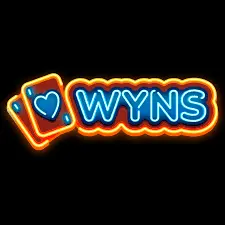
$5,000 Bonus + 200 Free Spins on Diamonds Power: Hold & Win
- Top Aussie Casino Online
- Online Pokies
- Great real money games
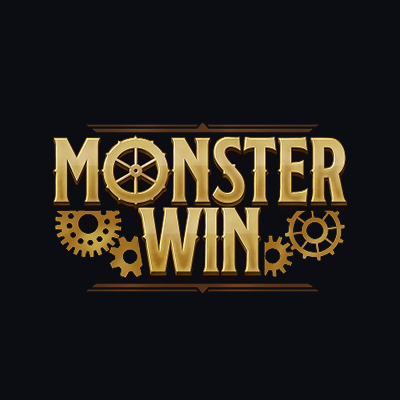
WELCOME PACKAGE UP TO $1,540 + 600 FS +SECRET BONUS
- Secure Casino Online
- Great casino bonuses
- East to deposit and withdraw

100% up to 1500 + 100 fre spins
- Great choice for players
- Huge bonuses & many free spins
- Real money online casino
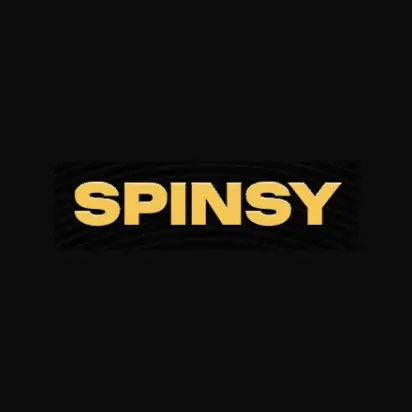
Welcome Bonus - up to $10800 + 250 Free Spins
- Bitcoin casino
- All the best casino games
- Great promotions and bonuses

8,000 AUD + 225 Free spins
- Slots stacked with wins
- Fast, hassle-free payouts
- Daily gem-packed bonuses

Welcome Package Bonus up to 8000$ + 150 Free Spins
- New Online Casino
- Great welcome offer
- Recommended by players

UP TO $6,500 + 180 Free spins
- Hot new casino online
- All the best online slots
- Great choice for everyone

Up to $5,555 + 243 Free Spins
- Top Online Casino
- Great real money games
- Top rated by players worldwide

$6,500 + 180 Free Spins
- Best new casino online
- Quick & easy signup
- Secure real money casino

Welcome Package 225% up to S1000 + 275 FS
- Fast payouts, low deposit limits, and no BS
- Massive games lineup
- Regular cashback, reloads, and weekend promosx

200% UP TO $2,000 + 10% Daily cashback
- Instant play, no delays
- Big games, bold wins
- 10% Daily cashback

300% up to $11000 + 300 Free Spins
- All popular slot games
- Fair & secure payouts
- Bonza bonuses every week
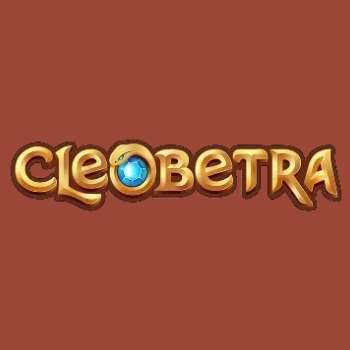
Get up to $900 + 100 Free spins
- Great selection of slots
- Great casino bonus
- Best Online Casino
About best online casinos
| Secure & recommended online casinos | 20+ |
| Online slots | 9000+ |
| Online roulette | Yes |
| Online blackjack | Yes |
| Online poker | Yes |
| No deposit bonuses | Yes |
| Deposit bonuses | Over $60.000 |
| Free spins without deposit | 100 Free spins |
| Free spins on deposit | +5000 |
| Banking options | Skrill, Visa, Mastercard, Paysafe Card, Direct wire transfers, Neosurf, |
| Responsible gambling | Yes |
| Accepts players in Australia | Yes |
